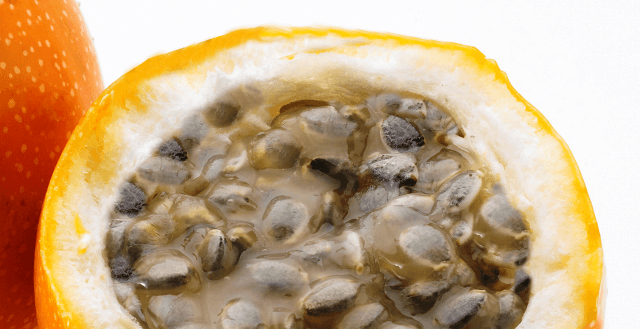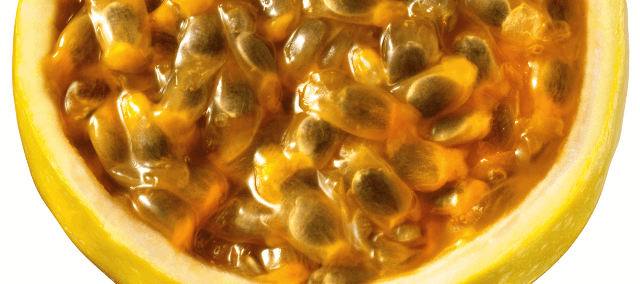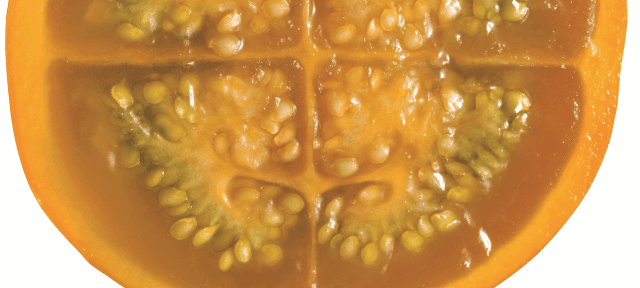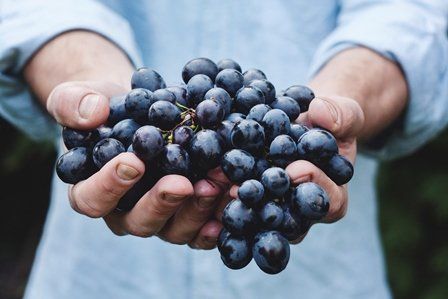OUR PROCESS
THE BEST FRUITS IN COLOMBIA
The tropical fruits are grown in very different altitudes above sea level (400 – 2,600 m), and different temperature conditions and rain precipitation, which provide the ideal environment for the cultivation of each fruit.
Its maturation is totally natural and after harvest a careful selection provides us with the best fruit, of which we extract its editable part (pulp), the basis for preparation of a delicious natural juice and multiple products in industries such as ice cream, refreshments, confectionery, jelly etc.
The industrial processing of the fruits and its conservation by freezing and/or pasteurization allows us to have them throughout the year, surpassing therefore the problems of seasonality, and avoiding the loss for over maturation that is presented at the producer level as well as the final consumer who could buy decomposed fruits or lose them due to not consuming them soon enough.
- The pulp is the edible part of the fruit; which means that the product obtained from the separation of the edible fleshy parts of the fruit rejecting the rind, seeds and bagasse through adequate technological processes.
- The pulp condenses the nutrients, the flavor, color and aroma of the fruit from which it is extracted and from this obtaining 100% natural fruit juice, really nutritious; the basis for an ice cream, a dessert, a complement in a recipe and jam/marmalade, among others products.
- The SAS Pulps are obtained from fruits that are healthy, clean and free of parasites, toxic residues from pesticides and animal or vegetal remainders. Fruits that have reached a suitable level of maturation, and therefore have an aroma, color and characteristic flavor as well as a firm texture, a high quality pulp is obtained.



The treatment of the fruit includes a meticulous selection; a process of sterilizing, peeling and separation of seeds and rinds, in order to package the pulp (edible part of the fruit) and to freeze it at a temperature of - 20 degrees Celsius.
Pasteurization and the conservation with sugar of the pasteurized pulp are also used, in this case the product does not require freezing, which is more comfortable from the point of view of storage and usage in the preparation of natural juices.
- The concentrated pulps are diluted with water or milk for the preparation of juice or sherbets in a proportion of 1 to 3 or in a greater dilution in the elaboration of refreshments.
- The frozen pulps do not have any preservatives, they maintain the flavor and nutritional characteristics of the fruit from where they are extracted and their shelf life is one year. For the preparation of the juice simply defrost the pulp, add water in the proportion indicated above and sugar to taste, obtaining a 100% natural juice.
- The pasteurized or sweetened pulp does not require freezing, which allows it to remain at room temperature without altering their characteristics for a term of three months and if it is refrigerated up to six months.
The fruit consumption has multiple benefits, as it is widely known:
- They are an indispensable fiber source for the good functioning of the digestive system.
- They have important levels of vitamin A, E and C, proteins, natural sugars and water.
- Do not contain cholesterol.
The pulps preserve all these benefits, in addition they assure the continuous availability of each variety of fruit, their easy disposition and their consumers do not have the problem of over maturation and the damage of the fresh fruit that is not consumed immediately.



